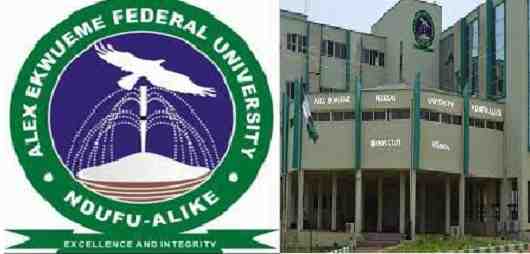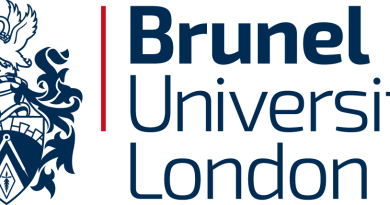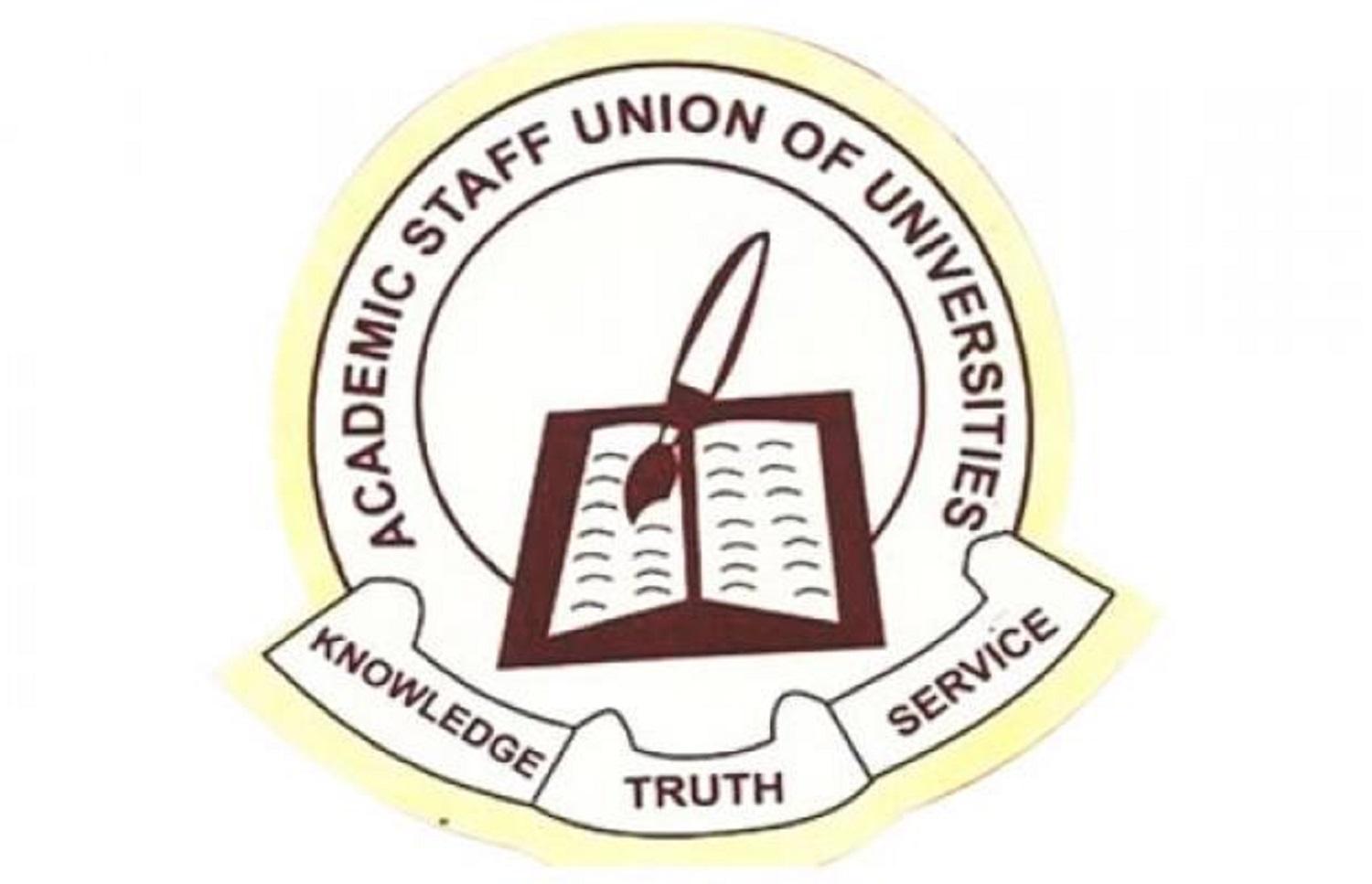Ae-Funai Lecturers Secure Research Grants
Eleven academic staffs, two departments, and Alex Ekwueme Federal University Ndufu-Alike research Centre have secured research grants from international, local institutions and the Tertiary Education Trust Fund (TETFund) to carry out impactful studies in different areas in 2021 and 2022. Alex Ekwueme Federal University Ndufu-Alike (Ae-Funai), Ebonyi State is known for academic excellence, production-led and solution-driven research that has yield enormous dividends.

International Grants
- Prof. Chukwumerije Okereke of the Department of Political Science, secured a research grant worth over Three Hundred and Seventy Two Thousand Euros (€372,000) from the French Development Agency.
- Dr. Chinwe Ogunji of the Department of Educational Foundation was awarded a research fellowship grant from Association of Commonwealth Universities worth Five Thousand pounds (£5,000).
- Dr. Evelyn Urama of the Department of English and Literary Studies also secured a virtual fellowship grant of One Thousand Euros (€1,000) from Leeds University, United Kingdom.
- Dr. Makuachukwu Ojide of the Department of Economics and Developmental Studies received a research grant worth Six Thousand Eight Hundred and Seventy Five Euros (€6, 875.79) from Wageningen University, Netherlands. This accrue to the sum of €13, 751.58 grant awarded to him in 2018, having received €6,875.79 in 2019.
- Engr. Dr. Chukwunonye Ezea of the Department of Civil Engineering secured a research grant of Twenty Thousand Pound (£20,000) from the Royal Academy of Engineering, United Kingdom.
- Dr. Nwabueze Elom of the Chemistry Department secured a research grant from the Royal Society of Chemistry, United Kingdom worth Four Thousand Pounds (£4,000).
- The Department of Chemical Engineering secured N2.2m grant from Raw Materials Research and Development Council, Nigeria and the Department of Civil Engineering had a grant of £5,000 from the Royal Academy of Engineering, United Kingdom.
- The Centre for Climate Change and Development secured a $40,000 grant from Climateworks Foundation.

Local Grants (TETFund)
- A team of researchers under the leadership of Prof. Onuegbu O. Ugwu of the Department of Civil Engineering, secured a TETFund research grant worth Twenty Five Million Naira (N25, 000, 000) through their work titled “Integrated Decision Support for Sustainable Infrastructure Assessment and Reporting in Nigeria.
- ”Dr. Peter Okoli of the Department of Civil Engineering, through their work titled “Development of Isotope Fingerprinting Protocol for Efficient Implementation of Polluter Pays Principle in the Management of Environmental Pollution Emanating from Lead Mining Activities in Nigeria” also secured a TETFund research grant worth Thirty Nine Million, Eight Hundred and Sixty Two Thousand Naira (N39, 862, 000).
- Similarly in the same light Mr. Ugochukwu C. Okolie of the Vocational and Technical Education, Faculty of Education received N200, 000, which was a balance of a N400, 000 research grant awarded to him 2019.

It is important to note that these grants were awarded to them as result of their commitment to the clarion call of the Vice-Chancellor for them to be utterly focused and dedicated to their duty and responsibilities in order to achieve the University’s vision of becoming a world-class institution.
While speaking on the importance of his work, one of the recipients of the research grants, Dr. Nwabueze Elom, Acting Head, Department of Chemistry, noted that in Ebonyi state, artisanal lead(Pb) mining has been ongoing for over sixty years and as a result , both current and abandoned mining sites abounds in residential Ebonyi communities.

He also pointed out that he had researched extensively on environmental and health risks of Lead (Pb) and other contaminants from numerous mining sites in Ebonyi communities, and his current research is mainly focused on the determination of Blood Lead Levels (BLLs) of children and adults living near the mining sites.
Furthermore Dr. Elom stated that the result of his study would have significant societal impact because it will be used to enlighten the rural dwellers on the risks of living close to mining sites and also educate governmental regulatory bodies on the necessity of formulating and enforcing safety environmental laws.




